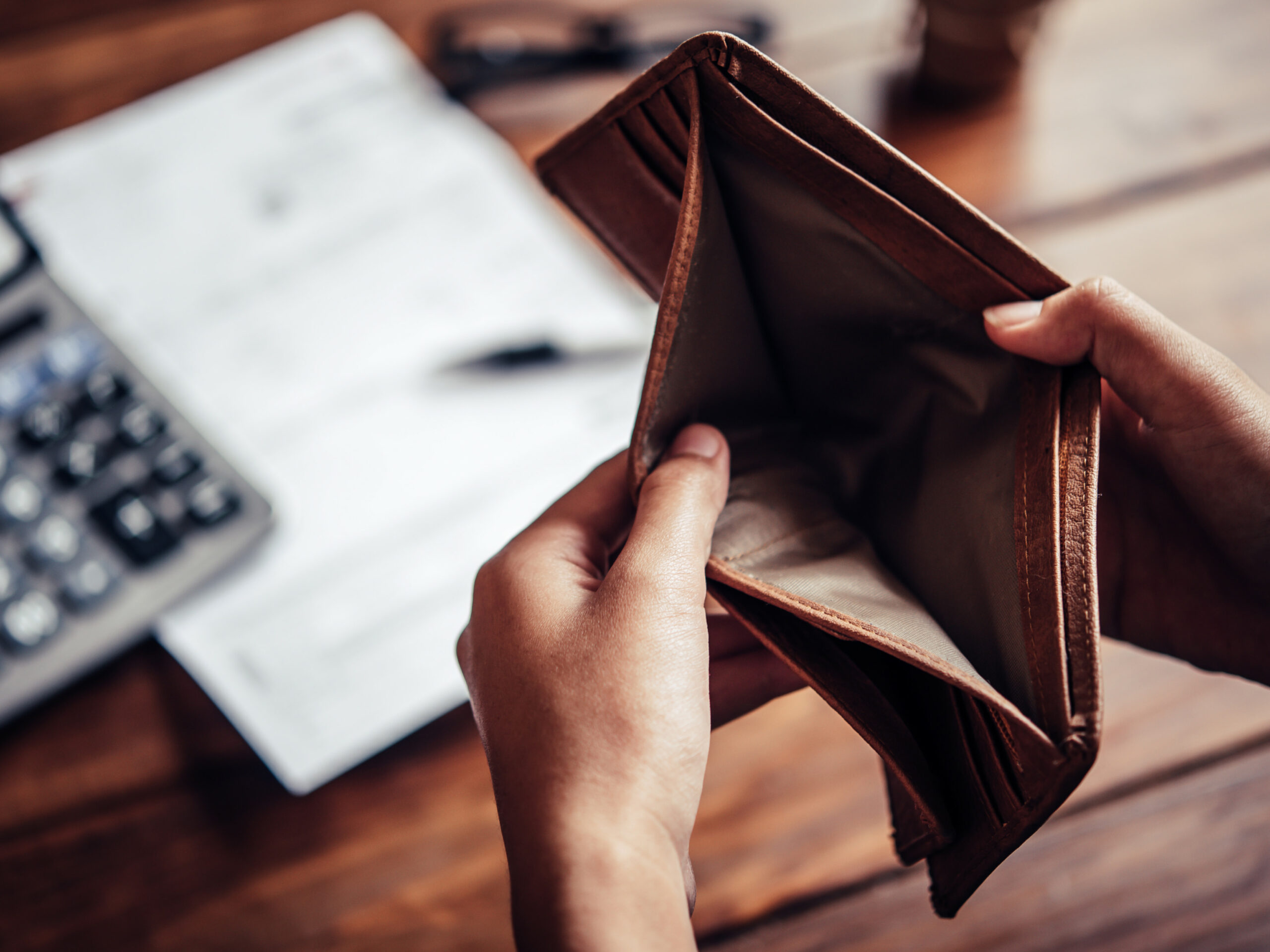
It’s unfortunate that many Americans are loaded down with more financial debt than they can afford. There can be many reasons for this, but typically it’s the result of some significant change in financial circumstances. For example, losing a job can leave someone unable to continue making payments at the same level. If you’ve reached that point, you may be asking “what happens if I declare bankruptcy?”
Depending on the type and size of the debt, there may be a variety of options available before you get to that point. For example, a consolidation loan may help if you need to pay off a few thousand dollars in credit card debt. However, bankruptcy may be the best option or even the only option if you have more significant debt.
Types of Bankruptcy
Bankruptcy is a legal remedy available to someone whose debts have become greater than they can reasonably manage. At its heart, it’s meant to help a debtor get a fresh start while also allowing creditors to recover some of the money they are owed. Though state law often comes into play, bankruptcy cases are handled exclusively in a federal bankruptcy court.
There are several different types of bankruptcy. Some are meant only for certain professions, such as farmers, and others only apply to businesses. Here we’ll discuss the two most common types of bankruptcy for individuals: Chapter 7 and Chapter 13.
Chapter 7 Bankruptcy
Commonly called liquidation, Chapter 7 is the more straightforward type of bankruptcy, though it’s also more extreme in some ways. In Chapter 7 bankruptcy, a debtor’s assets are transferred to a trustee, who sells these assets to pay off creditors in an agreed-upon order.
It’s important to note that most disputes in a bankruptcy case do not involve the debtor at all but are rather between creditors as they argue over who gets paid first. At the end of the process, the bankruptcy judge discharges the debts (if they are dischargeable), and the debtor is no longer responsible for them.
Chapter 13 Bankruptcy
Called a wage earner’s plan, Chapter 13 bankruptcy is different from Chapter 7 in that it’s not about selling off the debtor’s assets. Instead, the debtor will propose a repayment plan.
The plan allows them to keep their assets and pay off all or part of their debt over three to five years. At the end of this repayment period, the debts covered by the plan are discharged.
What’s An Automatic Stay?
The most immediate benefit for someone who files for bankruptcy is that creditors’ collection activities are paused (an automatic stay). If a person is at risk of eviction, foreclosure, or having their utilities cut off, the automatic stay stops everything in its tracks. It can be a powerful incentive to file for bankruptcy.
What About Bankruptcy Exemptions?
When someone files for bankruptcy, the issue of exemptions becomes critically important. It’s also one of the more complicated aspects of bankruptcy law.
Under Chapter 7, exemptions mean the debtor is entitled to keep some of the proceeds of the sale of certain assets (such as their home). They may even be able to keep the assets from being sold altogether. Under California state law, generous exemptions mean that most bankruptcy cases are settled with no sale of assets.
Exemptions work differently in Chapter 13 cases but are still very important because they’ll help determine what portion of the debt must be repaid.
The Long-Term Consequences of Bankruptcy
Bankruptcy may be the best option for completely overwhelmed people who want to start over, but there are major consequences.
One consequence is the possible sale of personal assets to pay creditors. However, as mentioned above, most cases are resolved with little to no sale of assets.
The most significant consequence of declaring bankruptcy is the damage to a person’s credit rating. Chapter 13 bankruptcy remains on your credit report for seven years, and Chapter 7 bankruptcy remains there for ten years. During this time, you can expect to have a significantly reduced credit score. In addition, it’ll make it difficult to find financing for any major purchase. Also, you’ll likely pay a much higher interest rate if you are able to get financed. For this reason, bankruptcy should not be taken lightly.
Bankruptcy Attorneys in Southern California
Hiring an attorney when you’re overwhelmed by debt may seem counterintuitive. But having expert legal advice can make a major difference in how the process plays out. A lawyer can help you determine what type of bankruptcy is appropriate for your circumstances and how to protect your assets.
For a consultation with one of our experienced bankruptcy attorneys, contact us today.



Recent Comments